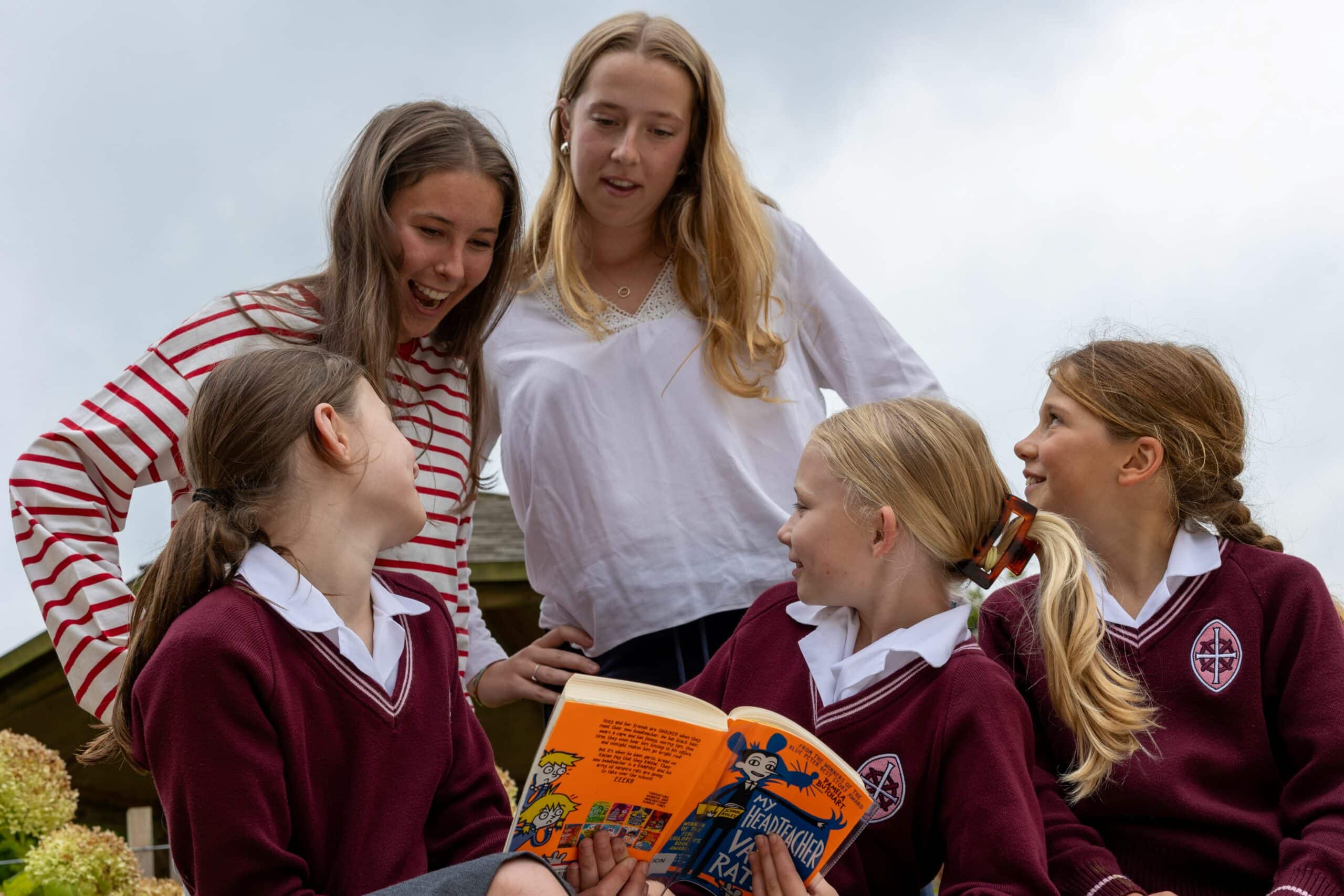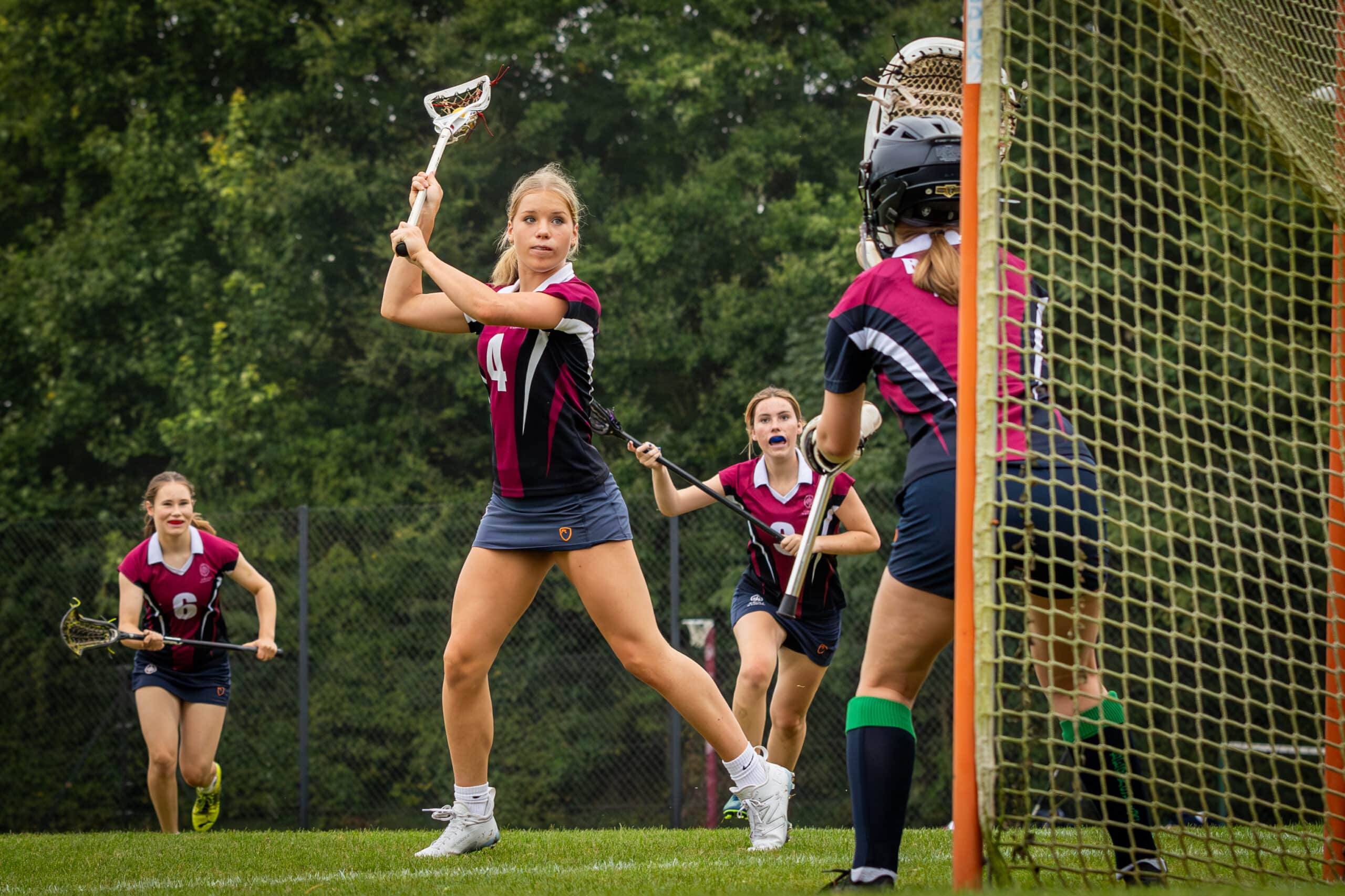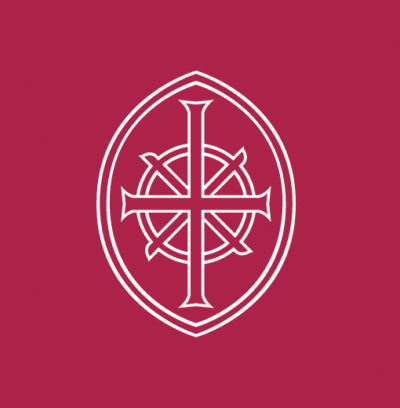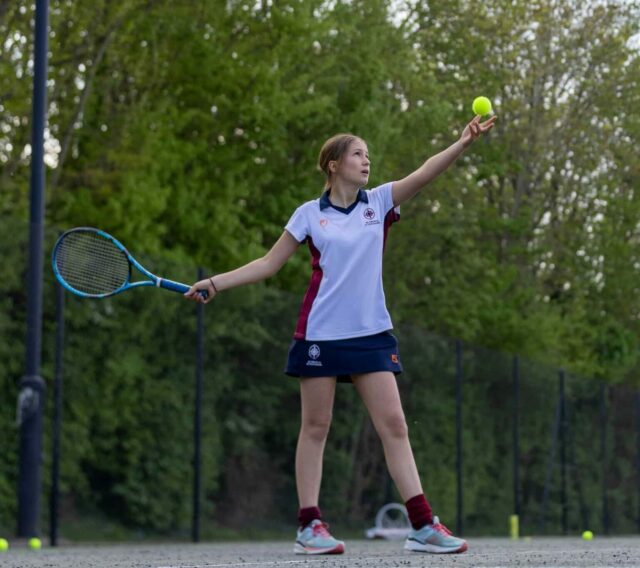Honey (L6C) explores the practicality of literature and whether it is fair to say that ‘literature’ is another name for language which has no use. Her essay was Highly Commended in the Northeastern University London Essay Competition.
To thoroughly engage with this argument, one must first consider what it means to be practical, and it is defined by Cambridge as “relating to experience, real situations, or actions rather than ideas or imagination”. Of course, if this definition is to be received within the context of the tangible and intangible, literature must be classified as impractical as an exploration of ideas does not offer the same manual usage as say a screwdriver or a pen. However, that aside the definition poses a seemingly paradoxical scenario in that literature tends to relate to experiences and real situations through the transcription of one’s imagination and ideas. It is the challenge of extrapolating literature from practicality combined with accepting the fact that literature is of no physical practical use that begs the question: are there elements of literature that inherently intertwine it with practicality?
“Great literature is simply language charged with meaning to the utmost possible degree” writes American poet Ezra Pound. Whilst this may have served as a testimony to Pound’s predilection for the intricacies and beauties within the art of literature, he is simultaneously distilling literature down to the assertion that it is simply ‘language charged with meaning’. Therefore, by Pound’s summation of literature, it is language that holds valuable expressions and ideas yet, due to its abstract nature, it is ultimately restricted to the figurative realm – in terms of practical use then, it can be argued literature is a collection of innovative but ultimately inutile ideas.
Yet whilst it may be true that literature is grounded within the fictional, to assert that the then intangible indubitably equates to the impractical would be brash. Literature is a testimony to humanity and so is intrinsically related to every component within this, including that of the pursuit of practicality. Several genres engage in the sphere of practicality; fables, allegories and even some fairy tales tend to be purely symbolical of a wider idea within society that therefore provides them with a direct application to reality. Here, the fictitious has the potential to be educational, cautionary and of practical use.
The goal of the allegory, fable and fairy tale is fundamentally to provide readers with an engaging story that will typically help us understand more about either ourselves or the environment we live in, whether this is a conscious absorption of the moral/social lesson or not. Little Red Riding Hood, for example, explores salient moral lessons surrounding the importance of heeding warnings and remaining safe amongst strangers yet is encapsulated within the memorable and entertaining vessel of a fairy tale of a girl who visits her grandmother and a wolf who gets his comeuppance. Certainly, in this case, “entertainment may be the most effective mode of learning” these lessons and warnings, as German American philosopher Herbert Marcuse succinctly puts. Yet this is not restricted to children’s stories, and allegories are often effective ways in which to introduce difficult themes without fears of immediate censorship, if written covertly enough. William Golding’s Lord of the Flies follows an island of boys and their descent into savagery in response to a lack of rules and civilisation. The most perceptive boy, Simon, questions that the beast on the island that the boys are so afraid of is not a real, physical beast but that “maybe it’s only us”. His admission as to the regression to primitivity that humans are capable of presents audiences with the warning to understand, accept and control our primal instincts and provides us with valuable wisdom for a practical navigation of the world. Whilst some may argue that these literary forms are a circumlocutive way of presenting ideas amidst a complex storyline, it is also fair to say that this very ambiguity is their most redeeming feature; it provides the opportunity for multiple interpretations and therefore multiple messages and morals, and we are able to assign which of those are most applicable to our lives and in some cases survival. Yet whilst this remains true, literature here does still seem to only aid the practical; it influences our thoughts and emotions but merely encapsulates what it means to be practical rather than becomes it.
It is also important to analyse the dystopia and utopia literary genres as they are by their nature, critical representations of reality. Salman Rushdie writes that “literature is where I go to explore the highest and lowest places in human society and in the human spirit” and, despite this being a reference to his own work, it also manages to epitomise the dystopia and utopia genre. In regards to the question, they are a curious literary form as on the one hand appear to be the most disassociated, fantastical literary genres of them all, their extremist settings and societies appearing to be so far from and thereby irrelevant to our own reality. On the other, simply because a novel is avant-garde in its exploration of societal extremes, this should not act as an assumption that it is not already building upon current events, or even predicting what could in fact very easily come to fruition.
Margaret Atwood’s 1985 novel The Handmaid’s Tale is perhaps one of the best examples of the relevancy and therefore practical use of dystopia as critic Gayle Greene summarises “The Handmaid’s Tale offers a horrific vision of things to come based on an extrapolation from things as they are” which is a reference to the fact that Atwood’s “rule” when writing her novel was to “not put any events into the book that had not already happened”. Whilst elements in her book such as the “salvaging” may seem surreal to Western readers, it is still common for the practices of public execution to take place in Saudi Arabia and Iran. And although the standardisation of Handmaids and ritual rape appears to be an appalling concept, its origins lie in the Bible in which Jacob’s infertile wife, Rachel, tells him “Behold my maid Bilhah, go in unto her; and she shall bear upon my knees, that I may also have children by her”. But perhaps the most disturbing of them all are the premonitions that are becoming reality, most notably the alignment between the eradication of contraceptives and abortion in Gilead and the overturning of Roe vs Wade in 2022. Therefore, similar to Lord of the Flies, The Handmaid’s Tale becomes a testimony to the capabilities of humankind and stands to educate those who are ignorant to the existing, dark mechanisms that, past or present, operate amongst us whilst acting as an omen of the future.
Nevertheless, although literature is crucial in influencing our “relating to experience, real situations, or actions” and therefore can be perceived as having practical use in the cognitive sense rather than the manual, there also seems to exist a demand and a thirst for literature outside its practical purposes. Natural metaphors describe how it “irrigates the deserts that our lives have become” and acts as “an ice-axe to break the frozen sea inside of us”. Perhaps then we are fortuitous if we can attach a practical use to a literary work however this is a mere additional purpose and, principally, literature should remain just how Pound describes it: “simply language charged with meaning”. It should primarily have no practical use as it serves to sustain the soul, to which Pullman concisely surmises “After nourishment, shelter and companionship, stories are the thing we need most in the world.”
I feel that literature provides us with a connection between the practical and the fanciful. It simultaneously embodies both and therefore can never be exclusively either. It is primarily an explorative realm and whether it seeks to create a work of pure indulgence or undertakes the pursuit of transforming the hypothetical, the impractical into the practical, this is subject to individual works, the author’s intentions, and our own interpretations.
Whilst there is veracity to the notion that literature does not have practical use, it is also not the antithesis of practicality; literature may not be the embodiment of practicality but through its analysis of the human condition, literature is simultaneously able to encapsulate, explore and effect the practical, without explicitly becoming it. To use a metaphor, the roots, branches, and leaves of a tree serve to be the practical components of its survival, but it is the nurturing weather that shall ultimately have the power to affect the quality of the fruit it shall bear.












